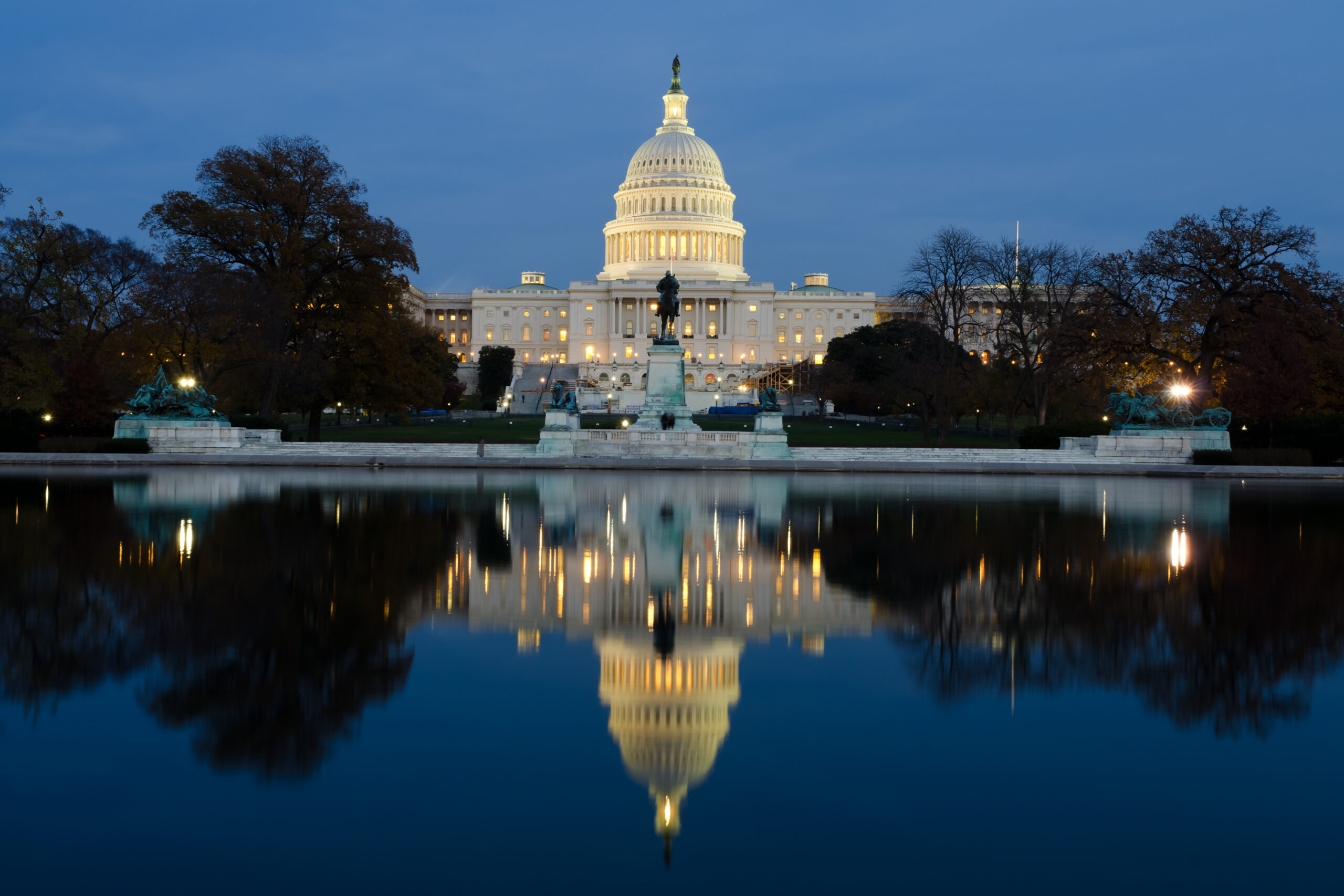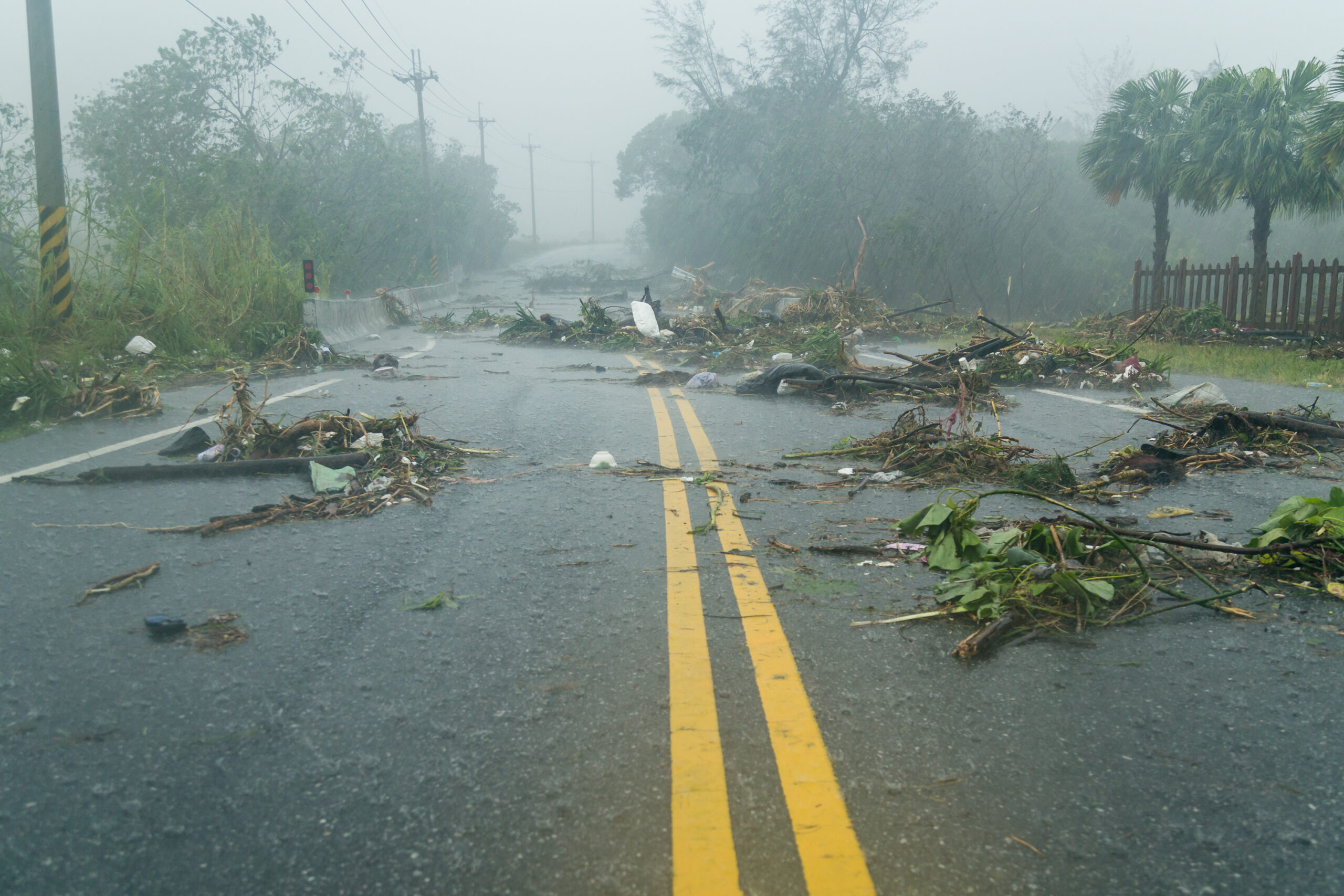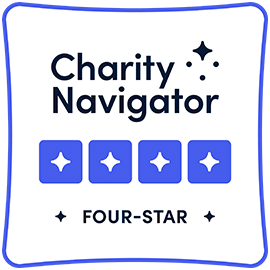Shutdown 2023: Potential impacts to healthcare delivery and how communities an prepare
There are less than two weeks until the Sept. 30 deadline for Congress to pass 12 spending bills to avert a government shutdown. While Congress has several stopgap options to avoid a total shutdown — such as issuing a continuing resolution to provide funding based on preceding fiscal year amounts or by passing an individual spending bill — there remains a possibility that many government agencies will need to curtail or pause programs beginning on Oct. 1, 2023.
A government shutdown, even a partial one, may have implications for healthcare delivery and disaster response. While most essential operations are expected to continue, an extended shutdown may critically impact an array of programs.
What operations will continue:
In the event of a government shutdown, essential operations across the federal government will continue, including vital functions at the Center for Medicare & Medicaid Services (CMS). For instance, the Medicare Program will continue to operate in the event of a government shutdown because this program is paid through mandatory funds outside of the discretionary appropriations process. Additionally, within CMS, the Center for Medicare and Medicaid Innovation will continue operations even in the event of a government shutdown.
Similarly, the U.S. Food and Drug Administration (FDA) will also maintain some operations. The FDA will continue its core functions such as responding to public health emergencies, monitoring drug shortages and emerging outbreaks, supporting medical product recalls, and other critical public health issues. The regulation of medical devices by the FDA’s Center for Devices and Radiological Health will continue in the event of a government shutdown because it is funded through user fees.
In addition, the Departments of Defense and Veterans Affairs (VA) would likely remain open, including VA hospitals and the ability to process and distribute veterans’ benefits. These two agencies are exempt from an 8% spending cut for federal agencies in a newly proposed stopgap bill.
Beyond healthcare and disaster preparedness and response, other essential government services such as mail delivery through the U.S. Postal Service, tax collection, and U.S. debt payments would continue.
What operations will be impacted
Though some core functions will continue during a government shutdown, many agencies would be forced to cease operations due to lack of funding. Federal employees deemed not essential would be furloughed. For instance, while Medicare would continue to process claims, most of CMS’s workforce would be furloughed. CMS would suspend funding for healthcare fraud and abuse teams and conduct fewer certifications for providers, which may worsen healthcare staffing shortages or delay current efforts to address related issues.
A government shutdown could also affect Medicaid disproportionate share hospital (DSH) payments. Federal law requires that state Medicaid programs make DSH payments to qualifying hospitals. A shutdown would drastically impact qualifying hospitals’ ability to provide healthcare services to their communities and ultimately affect patients’ access to healthcare.
Furloughed employees at the government level might reduce staff capacity, negatively impacting delivery of services, processing and approval of certain claims such as new requests for Medicare and Medicaid, new applications to federal programs such as the Supplemental Nutrition Assistance Program, and more. Employee furloughs may also impact other operations such as passport applications and renewals and the maintenance of national parks.
Beyond furloughs, many key providers of community-based healthcare such as Federally Qualified Health Centers (FQHCs) could be impacted by a shutdown. The Community Health Center Fund, which provides roughly 70% of federal funding for health centers, expires on Sept. 30. While many FQHCs would strive to continue providing care for their patients, even a short government shutdown could deeply impact centers’ finances and create uncertainty in the long-term for patients and providers alike.
Preparing for a shutdown, individually and communally
Though some core functions will continue during a government shutdown, many agencies would be forced to cease operations due to lack of funding. Federal employees deemed not essential would be furloughed. For instance, while Medicare would continue to process claims, most of CMS’s workforce would be furloughed. CMS would suspend funding for healthcare fraud and abuse teams and conduct fewer certifications for providers, which may worsen healthcare staffing shortages or delay current efforts to address related issues.
A government shutdown could also affect Medicaid disproportionate share hospital (DSH) payments. Federal law requires that state Medicaid programs make DSH payments to qualifying hospitals. A shutdown would drastically impact qualifying hospitals’ ability to provide healthcare services to their communities and ultimately affect patients’ access to healthcare.
Furloughed employees at the government level might reduce staff capacity, negatively impacting delivery of services, processing and approval of certain claims such as new requests for Medicare and Medicaid, new applications to federal programs such as the Supplemental Nutrition Assistance Program, and more. Employee furloughs may also impact other operations such as passport applications and renewals and the maintenance of national parks.
Beyond furloughs, many key providers of community-based healthcare such as Federally Qualified Health Centers (FQHCs) could be impacted by a shutdown. The Community Health Center Fund, which provides roughly 70% of federal funding for health centers, expires on Sept. 30. While many FQHCs would strive to continue providing care for their patients, even a short government shutdown could deeply impact centers’ finances and create uncertainty in the long-term for patients and providers alike.
About Healthcare Ready
Healthcare Ready is a 501(c)(3) nonprofit organization that works to ensure patient access to healthcare in times of disaster, emergency, and disease outbreaks. We leverage unique relationships with government, nonprofit and medical supply chains to build and enhance the resiliency of communities before, during and after disasters. Learn more about Healthcare Ready
To request the help of our Emergency Operations Center, contact us at alerts@healthcareready.org.
Sign up here.to receive email notifications from Healthcare Ready







